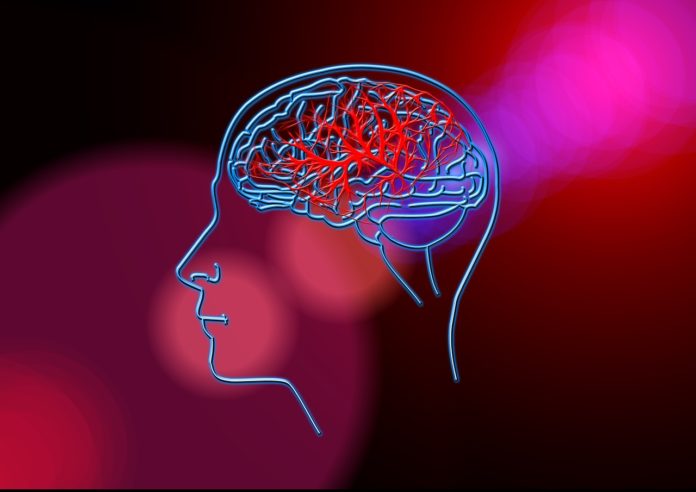Vitamin B supplementation in hypertensive individuals with low platelet count reduces risk of first stroke by 73%
The humble vitamin B could be a wonder drug for people who are already on medicines for high blood pressure. New study shows combining folic acid (one type of Vit B) with the antihypertensive medication enalapril in hypertensive adults saw a 73% reduction in their risk of first stroke. The study has been published in the Journal of the American College of Cardiology.
Stroke is the second leading global cause of death, accounting for 11% of deaths worldwide. It is a leading cause of death and disability in India too.
This study is the first and largest of its kind to examine the association of elevated homocysteine levels and platelet count together. Homocysteine is an amino acid and breakdown product of protein metabolism that, when present in high concentrations, has been linked to an increased risk of heart attacks and strokes.
Stroke is the second leading global cause of death, accounting for 11% of deaths worldwide. It is a leading cause of death and disability in India too.
The study involved 10,789 participants from the China Stroke Primary Prevention Trial (CSPPT), both men and women aged 45 to 75 years old who had hypertension or were on anti-hypertensive medication. The study excluded patients with a history of stroke or other major cardiovascular diseases.
“Our analysis has shown that baseline low platelet count and elevated homocysteine can jointly increase the risk of first stroke,” said Yong Huo, MD, director of the Heart Center of Peking University First Hospital in China, and the study’s senior author.
He added: “If the findings are further confirmed by prospective trials, we can raise the prospect that we can identify patients at high risk of developing first stroke by measuring both platelet and homocysteine, and we can remarkably lower stroke risk among this subgroup of patients with folic acid–a simple, safe and inexpensive treatment.”
The risk of first stroke reduced from 5.6 percent to 1.8 percent among patients with low platelet count and high homocysteine levels, creating a 73 percent risk reduction. However, addition of folic acid did not have any effect among those with high platelet count and low homocysteine levels.
“If confirmed, these results have enormous public health implications given the high incident rate of stroke in many developing countries, in addition to China, leading to development of cost-effective primary prevention strategies for stroke” Huo said.
Dr. J. David Spence, MD, Professor of Neurology and Clinical Pharmacology, and director of the Stroke Prevention and Atherosclerosis Research Centre at Robarts Research Institute, wrote in an accompanying editorial: “Patients with lower platelet counts and higher homocysteine levels are more likely to have been at higher risk because they had vitamin B12 deficiency. Among folate-replete subjects, the main nutritional determinant of high homocysteine levels is B12 deficiency. The widespread belief that B vitamins do not reduce the risk of stroke is mistaken. This study not only invited confirmation of the benefit of B vitamins, but opens the door to wider applications.”


